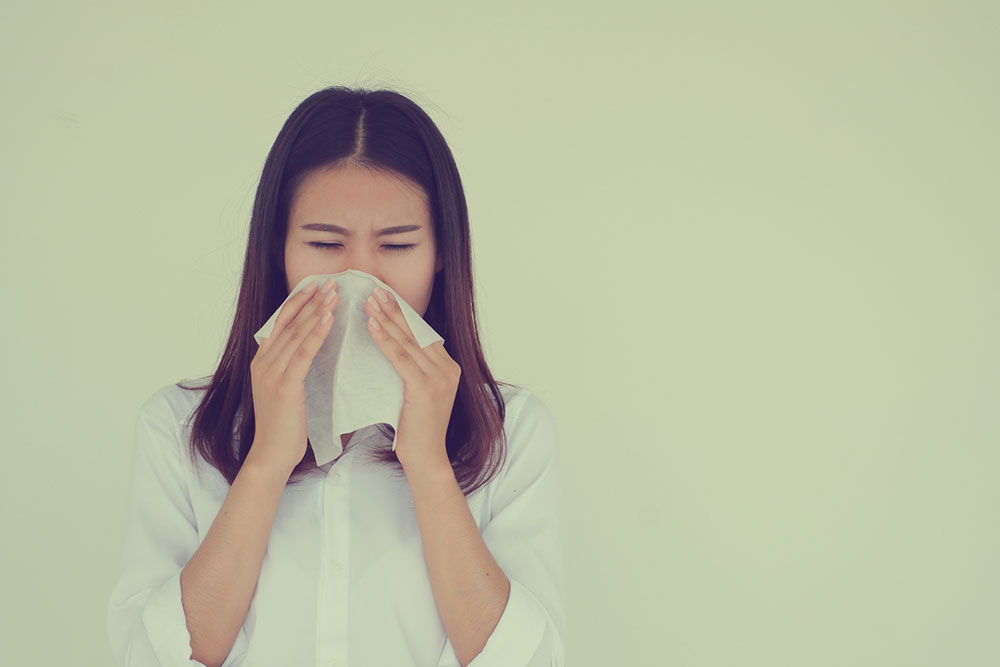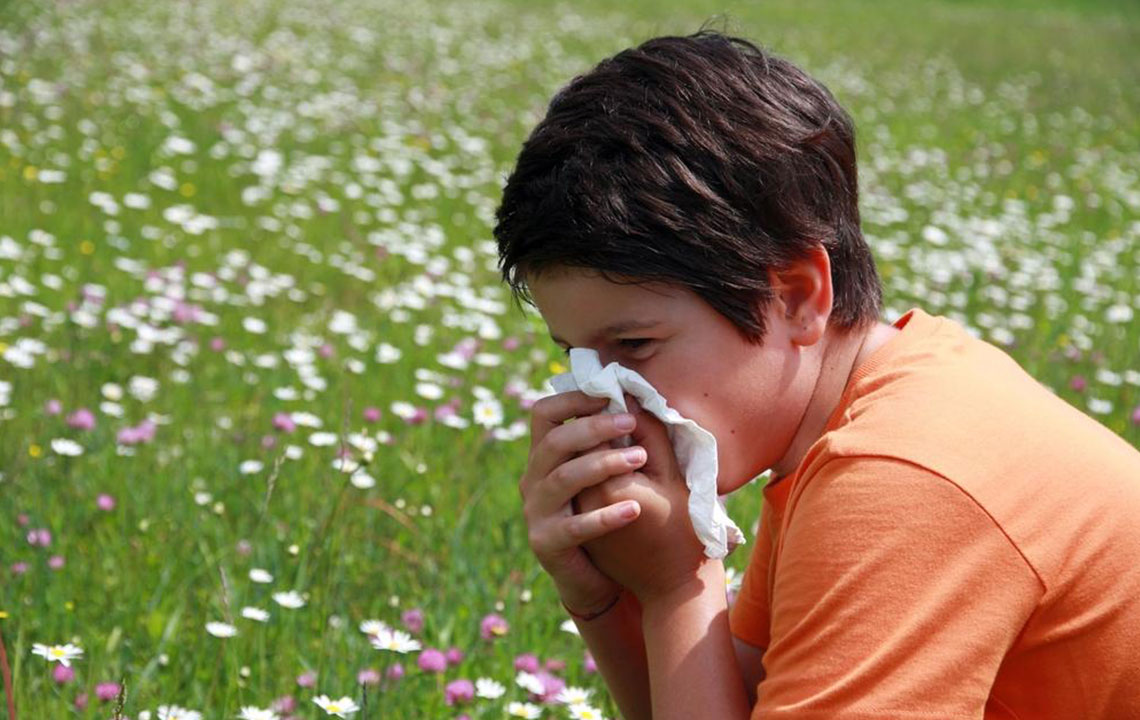Comprehensive Guide to Preventing and Managing Allergic Coughs Effectively
Learn comprehensive strategies to prevent and manage allergic coughs effectively. This detailed guide covers causes, triggers, home remedies, and medical treatments, helping individuals reduce symptoms and improve respiratory health through preventive measures and professional care.

Effective Strategies for Prevention and Treatment of Allergy-Induced Coughs
Coughing is a natural reflex that helps clear the airways and defend the body against harmful pathogens. However, not all coughs are created equal. Among the various types, allergic coughs are notably common and can significantly impact quality of life. These coughs are triggered by allergic reactions to environmental factors and differ from those caused by viral infections like cold or flu. Understanding the nature of allergic coughs and implementing effective prevention and management strategies is essential for those affected.
Allergic coughs are often linked to an array of symptoms such as sinus congestion, ear infections, throat irritation, and lung discomfort. The primary culprits include common allergens like dust mites, pollen, pollution, pet dander, mold, and certain foods. When these allergens come into contact with the mucous membranes inside the respiratory tract, an immune response is triggered, leading to inflammation and irritation that provoke coughing.
Recognizing and avoiding triggers is a fundamental step in prevention. Regularly cleaning the home environment—dusting furniture, washing bedding in hot water, using air purifiers, and reducing clutter can minimize indoor allergens. During high pollen seasons, keeping windows closed and using air conditioning with clean filters helps limit outdoor allergen exposure. Additionally, staying well-hydrated lubricates the throat and respiratory passages, making coughs less severe.
While home remedies can provide relief, they should complement, not replace, professional medical advice. Consulting healthcare providers is vital to rule out other serious conditions such as asthma or bronchitis, which may mimic allergic cough symptoms. Medical interventions may include antihistamines, corticosteroids, or allergy immunotherapy—termed allergy shots—that gradually desensitize the immune system to specific allergens.
Seasonal changes often exacerbate allergic reactions. An effective strategy involves comprehensive allergy testing to identify specific sensitivities. Once identified, tailored treatment plans can significantly reduce the frequency and severity of allergic reactions. Preventive measures like routine cleaning, maintaining good indoor air quality, and avoiding known triggers are primary defenses against allergic coughs.
Beyond medications, lifestyle modifications play a role in managing allergies. Using hypoallergenic bedding, wearing masks during cleaning or outdoor activities, and avoiding allergen-laden environments are practical steps. Incorporating natural remedies—such as honey, peppermint, thyme, apple cider vinegar, probiotics, and pineapple—can help soothe irritated mucous membranes. Saltwater gargles are also effective in calming a sore throat caused by coughing.
However, persistent or worsening coughs require prompt medical evaluation. Sometimes, what seems like an allergy might be a condition like asthma, which necessitates a different treatment approach. Regular follow-ups with healthcare professionals ensure optimal management and prevent complications.
In conclusion, understanding the causes and triggers of allergic coughs, employing preventive measures, and seeking appropriate treatment can immensely improve symptoms and overall respiratory health. Education on allergen avoidance and early intervention remain key pillars of effective management for anyone suffering from allergy-induced coughs.





